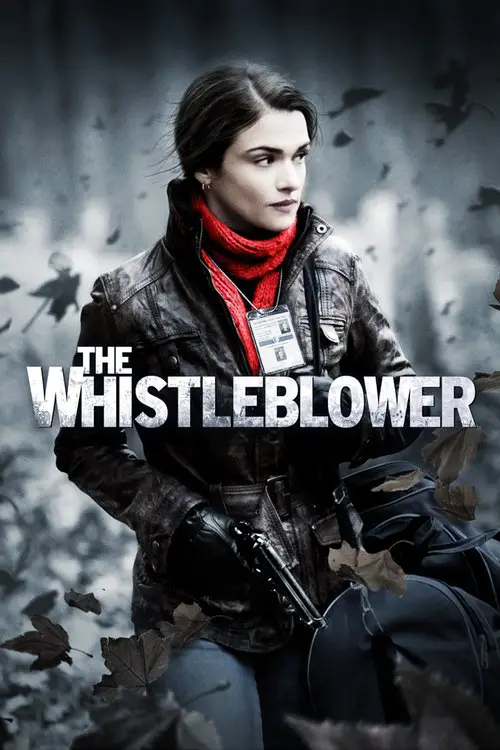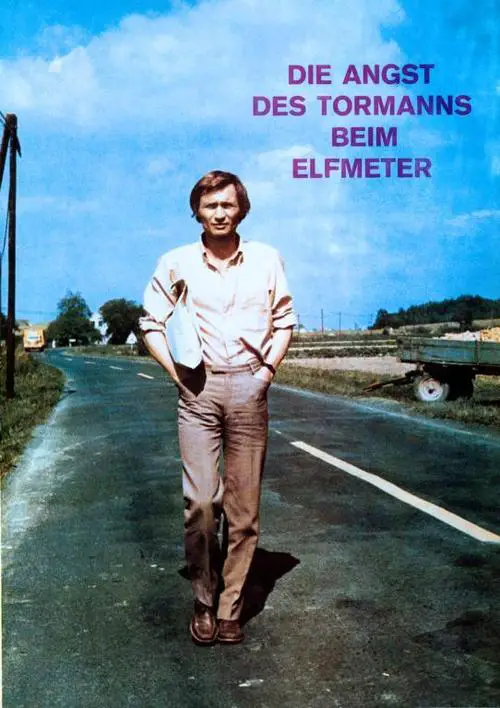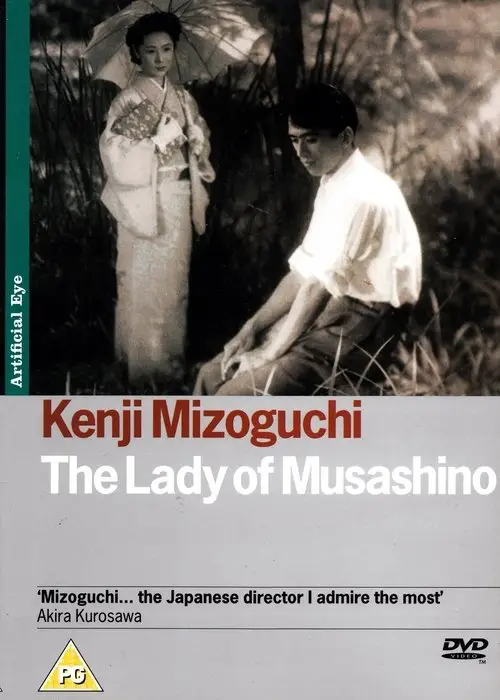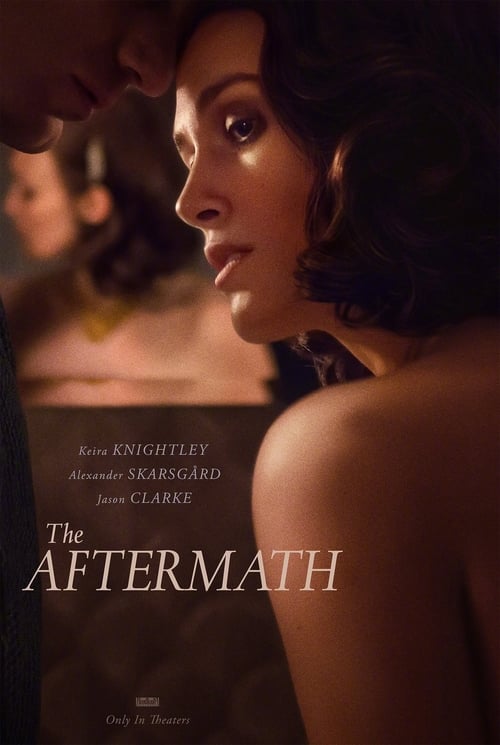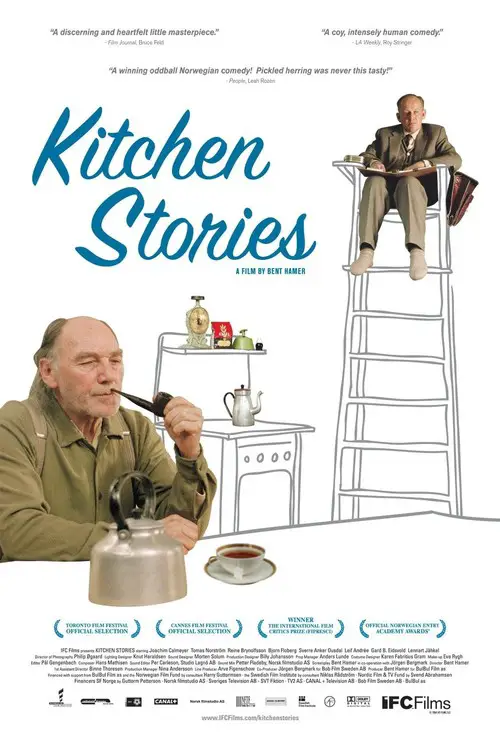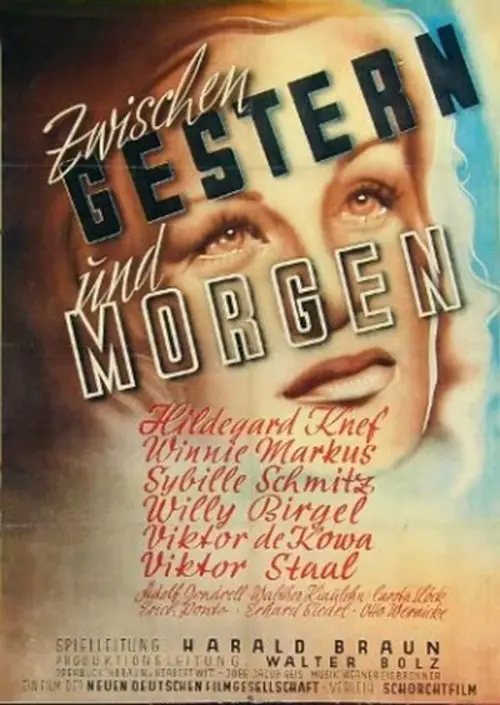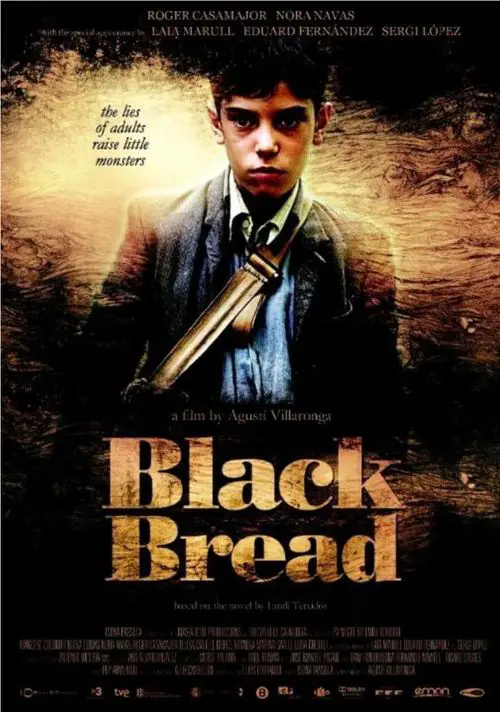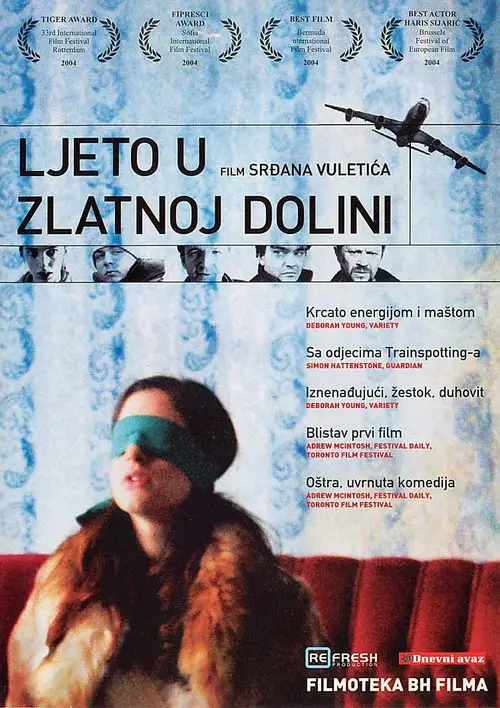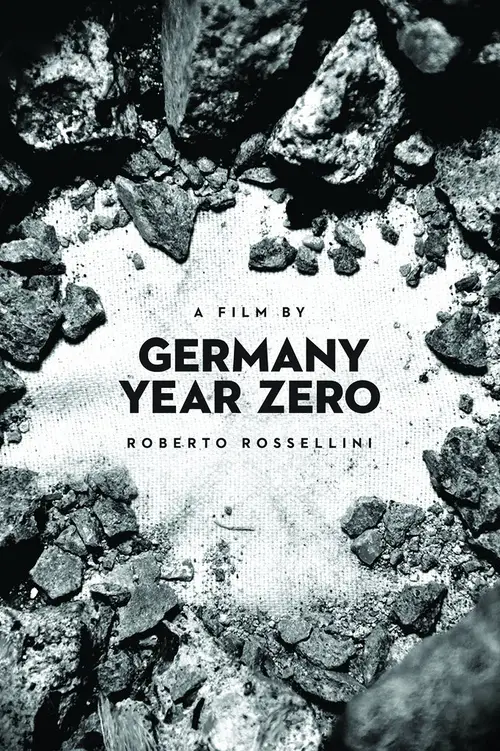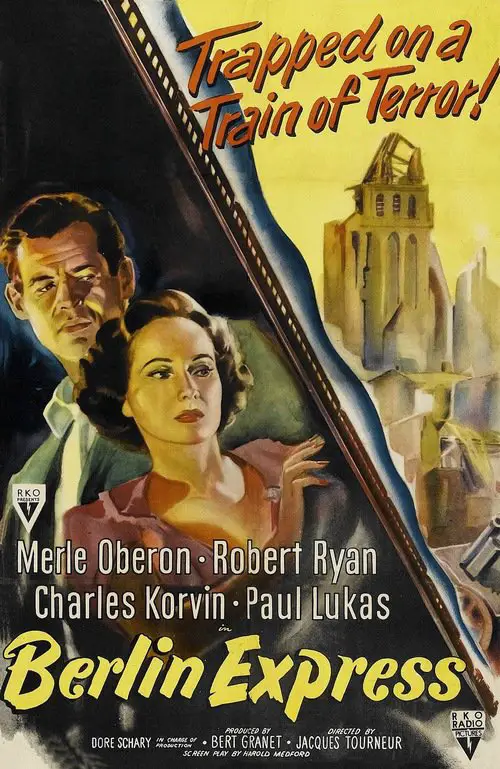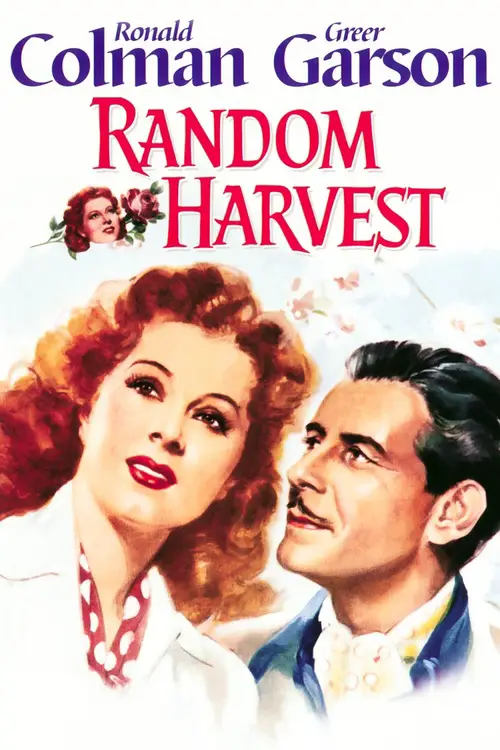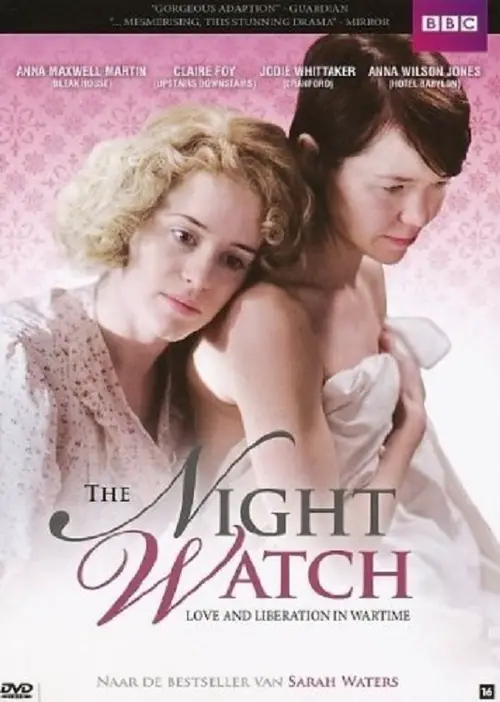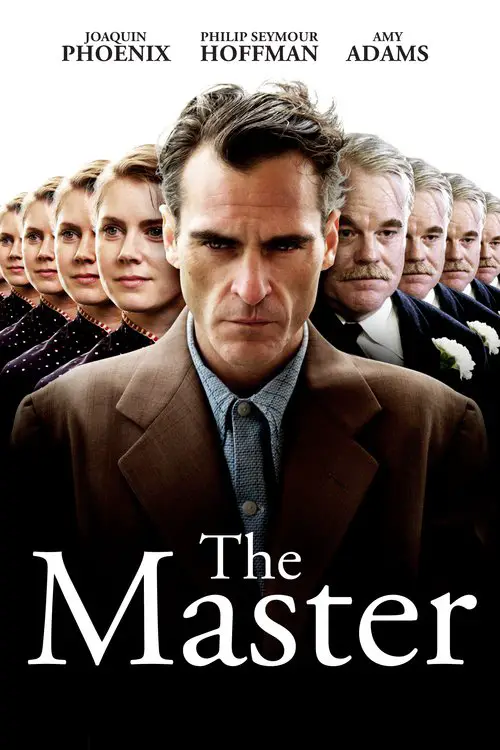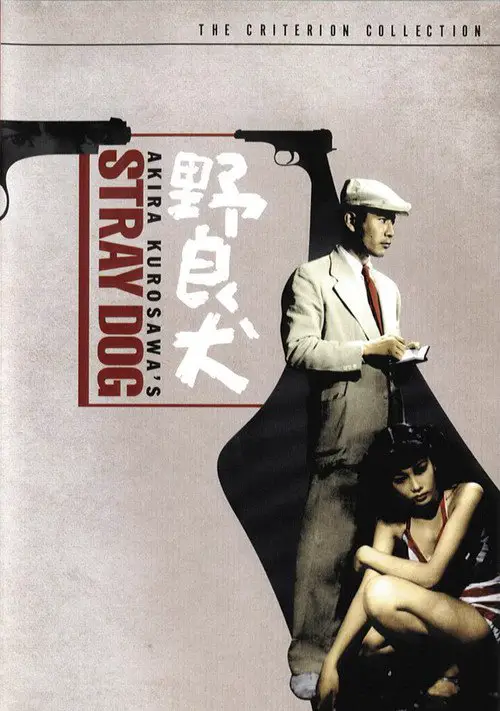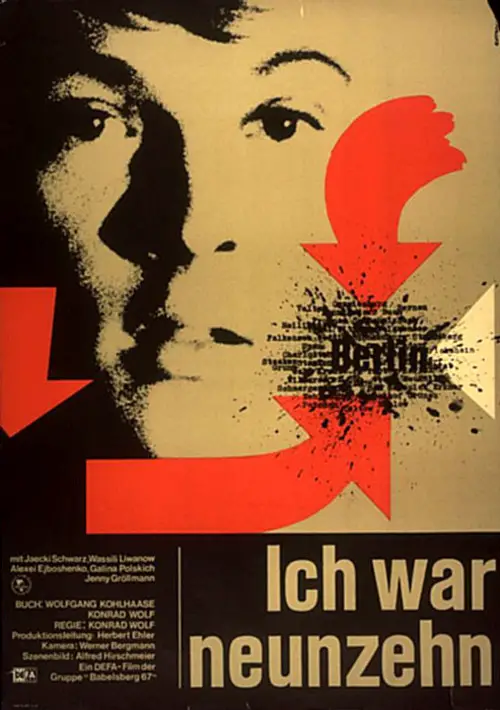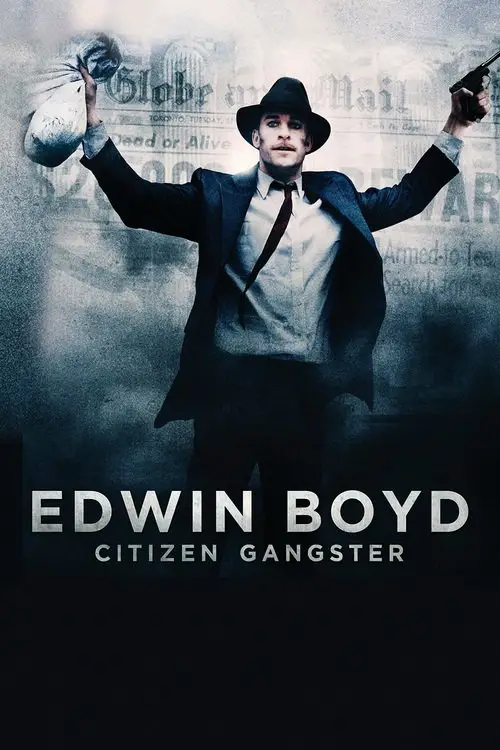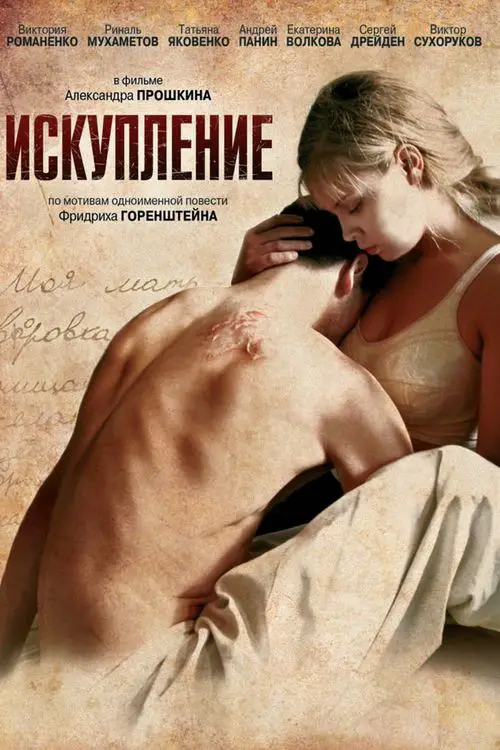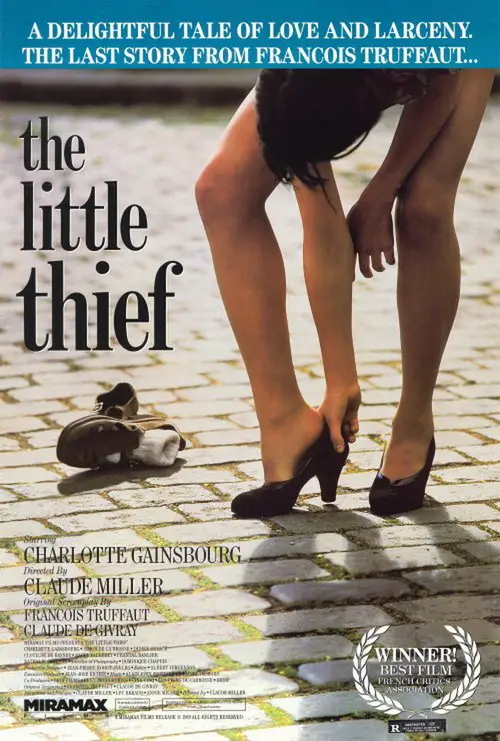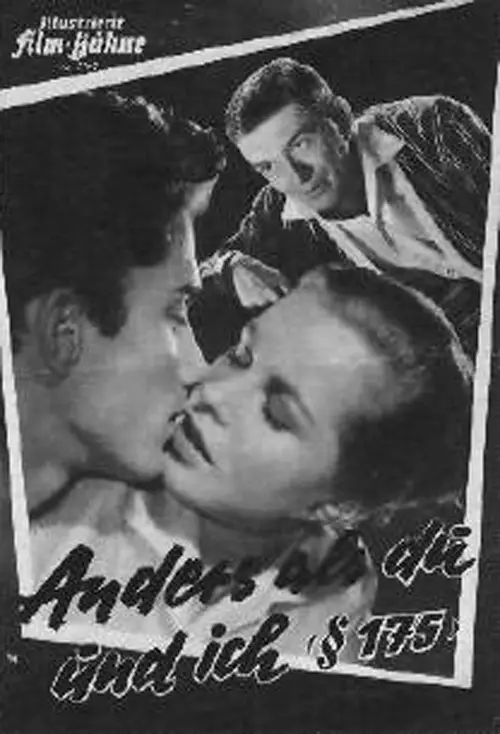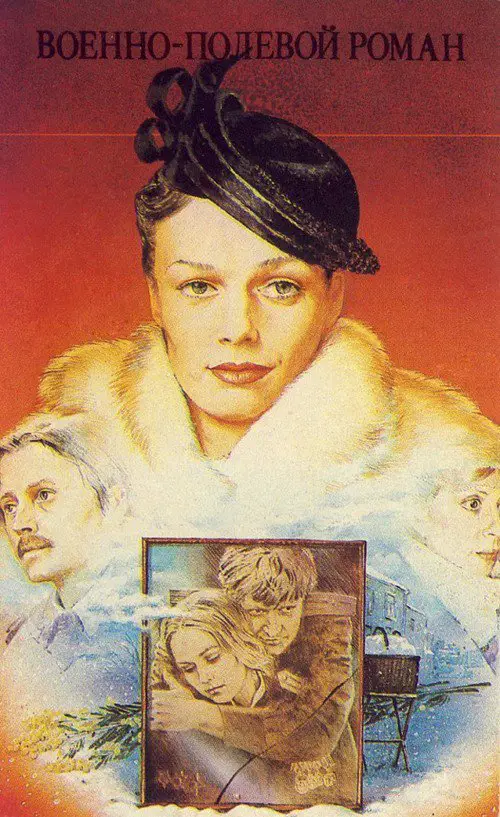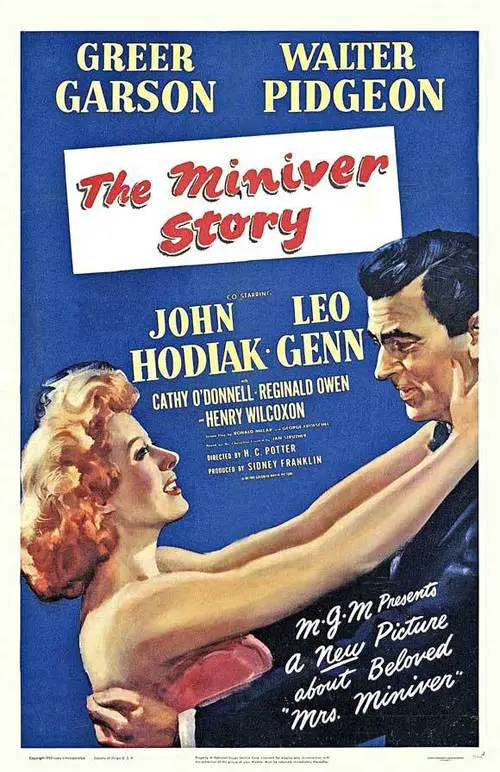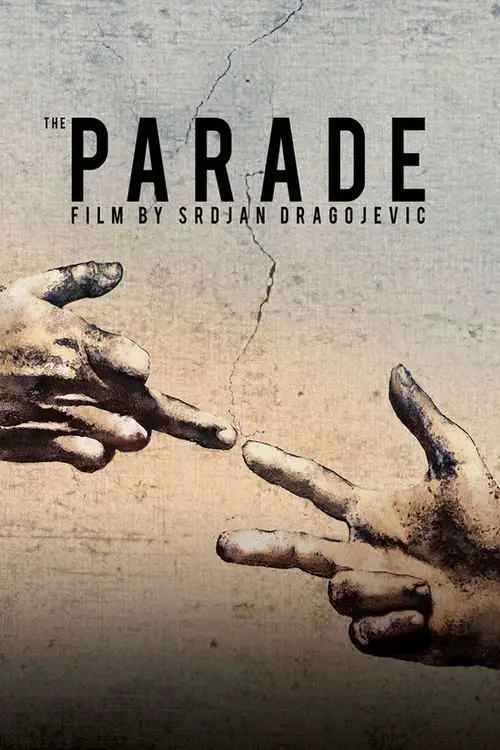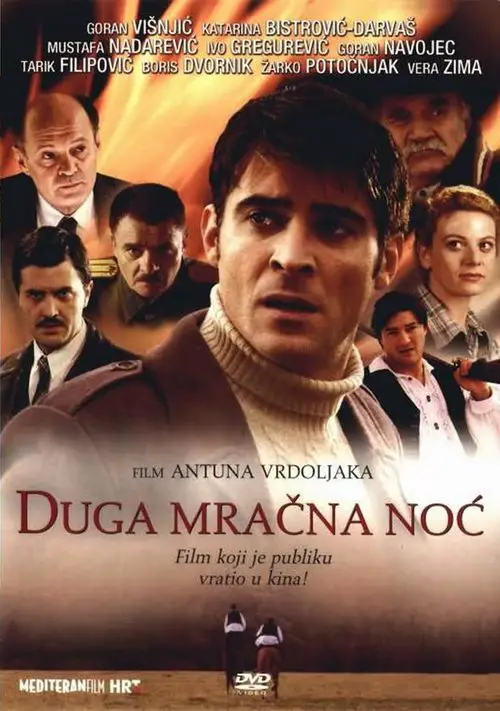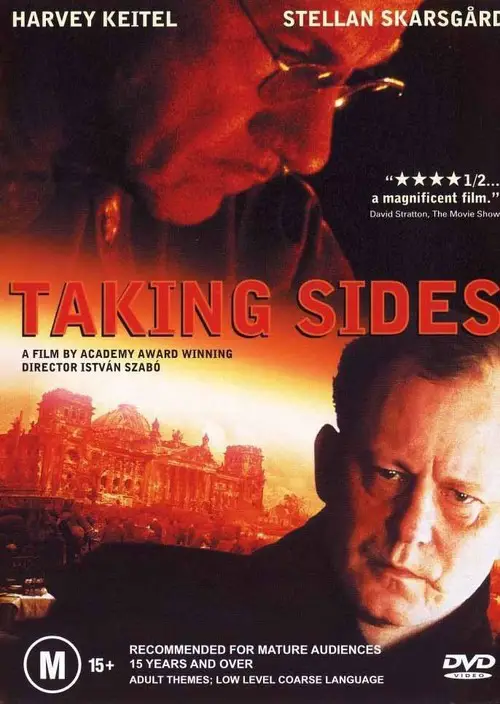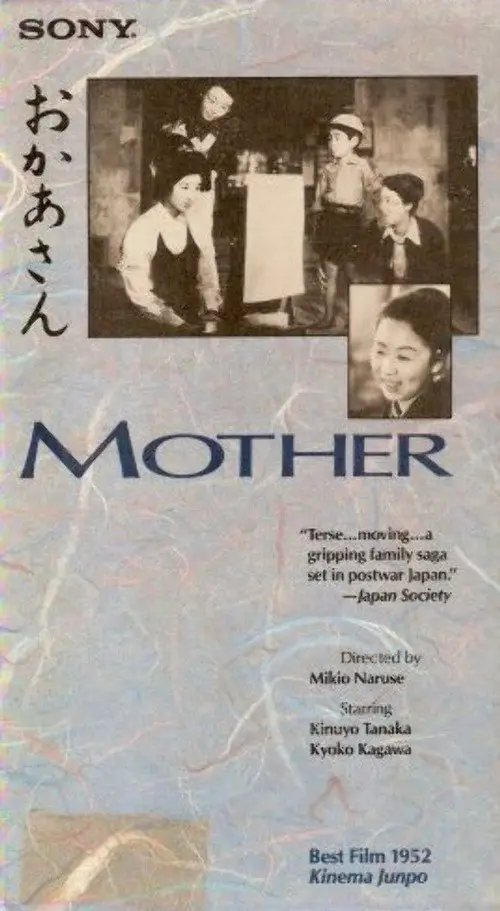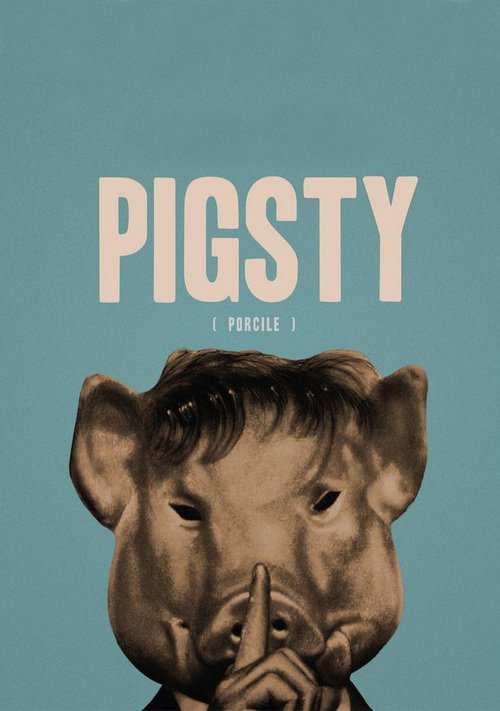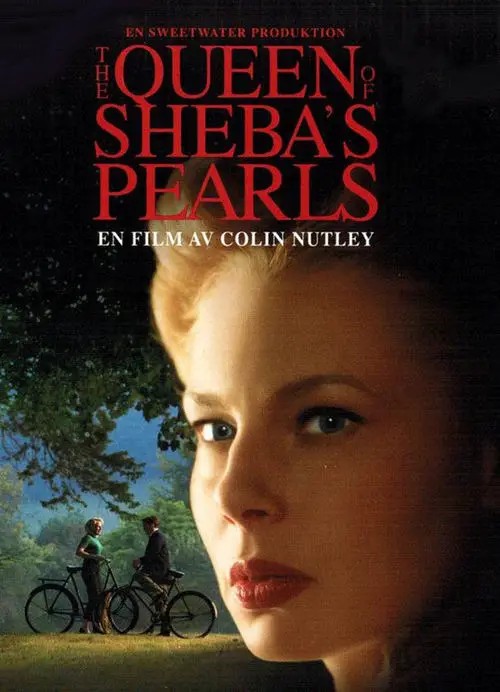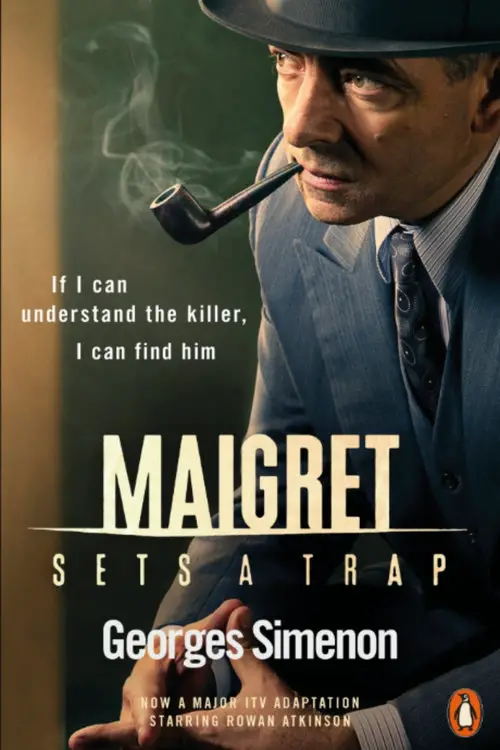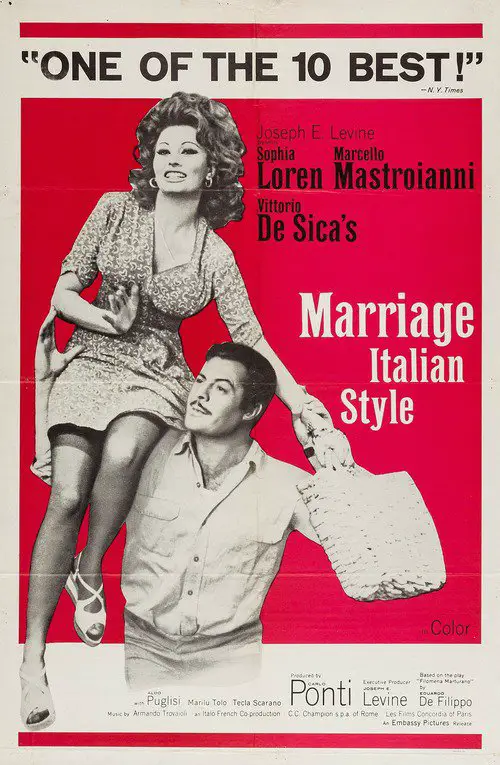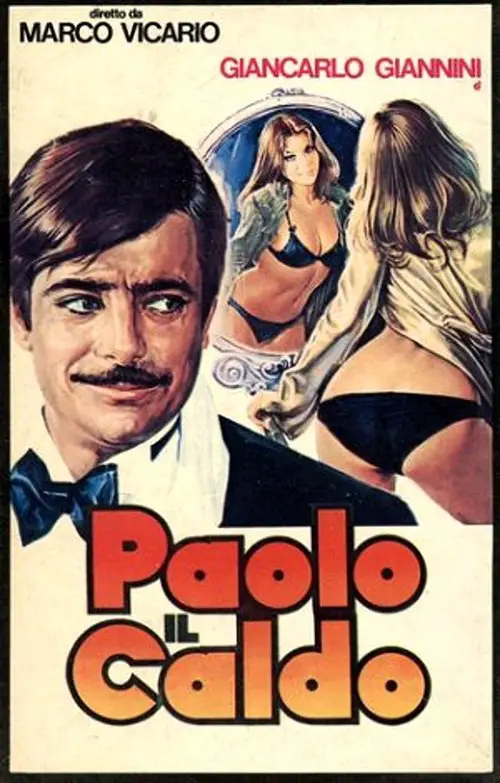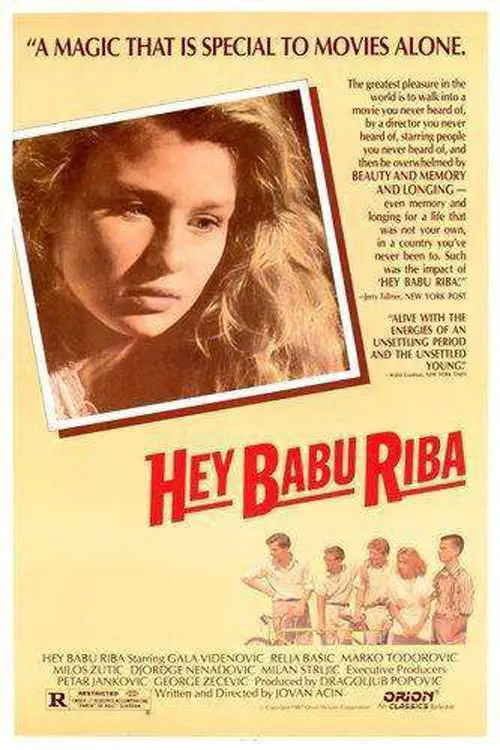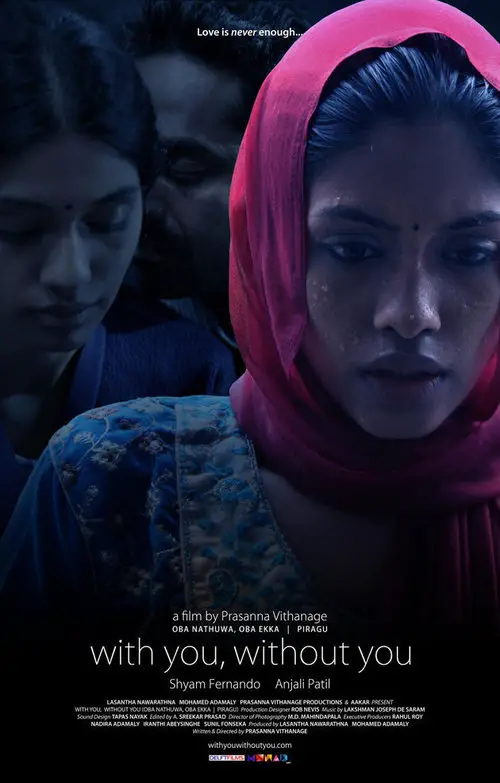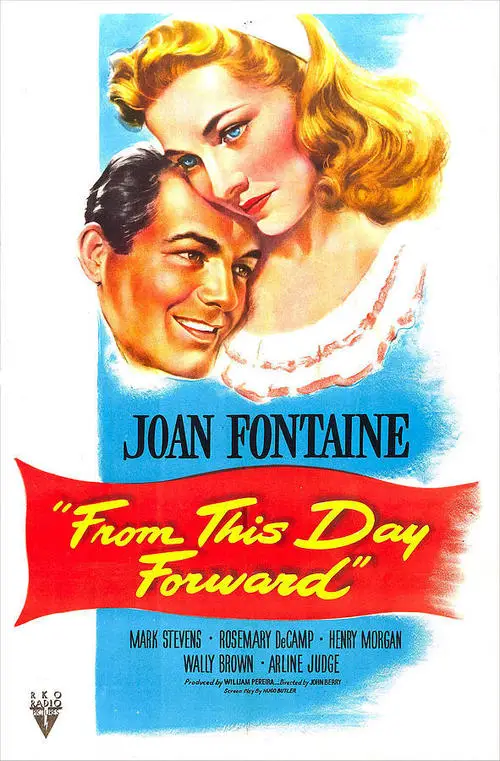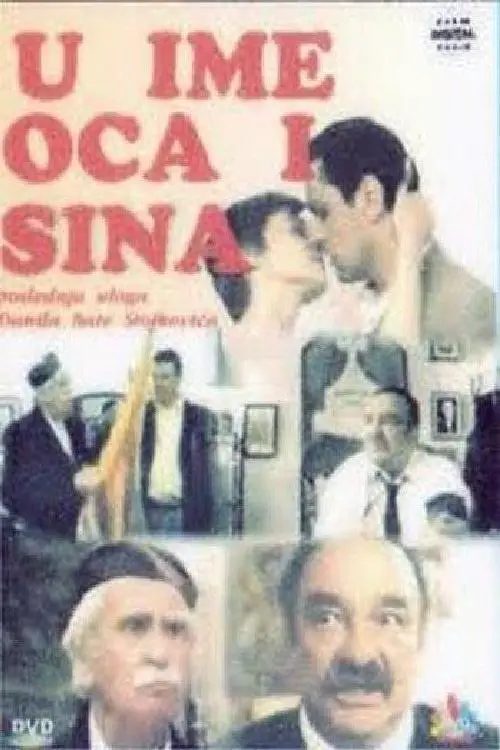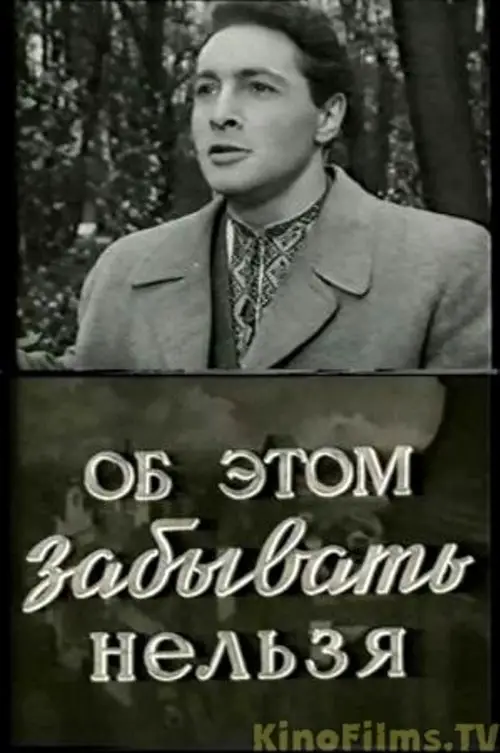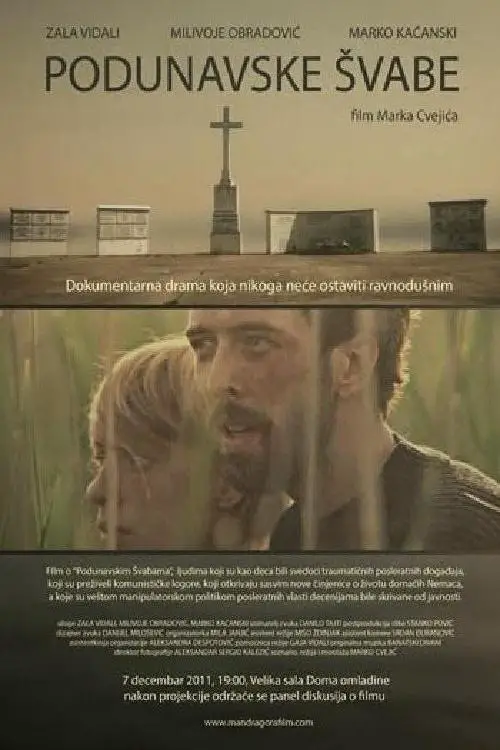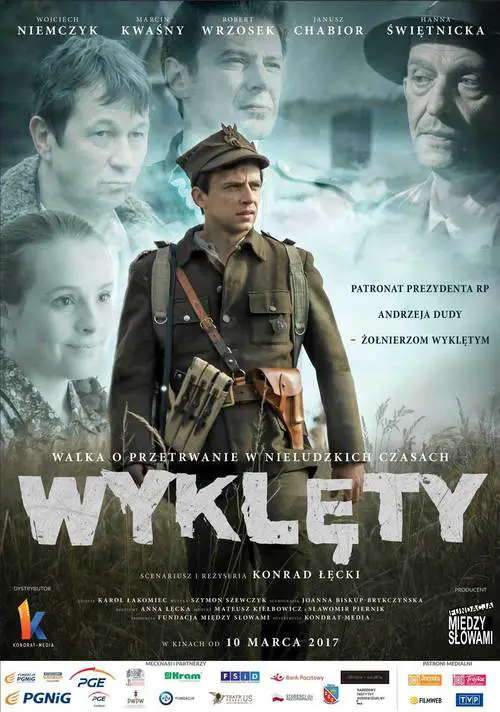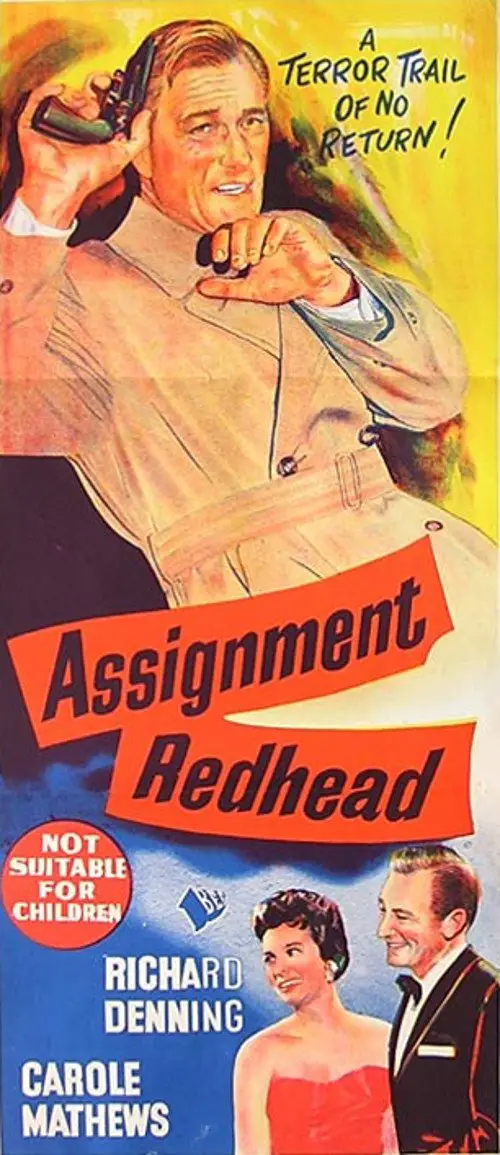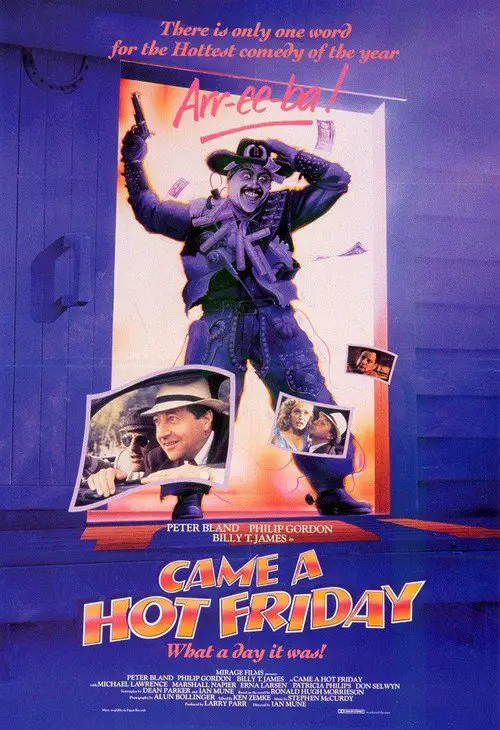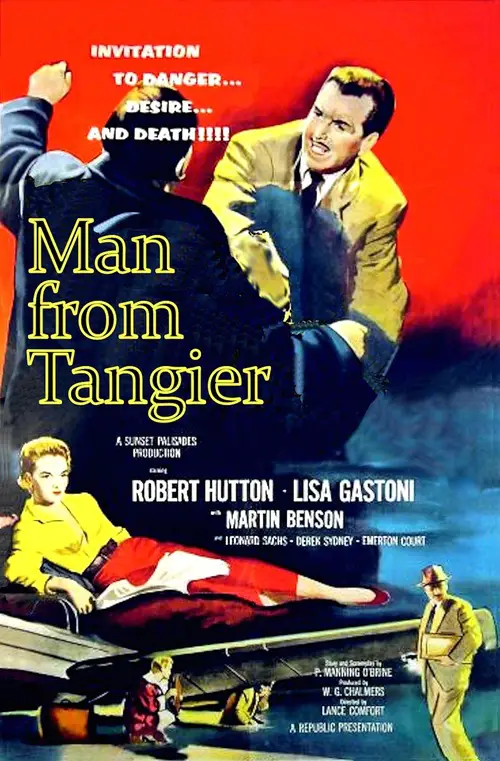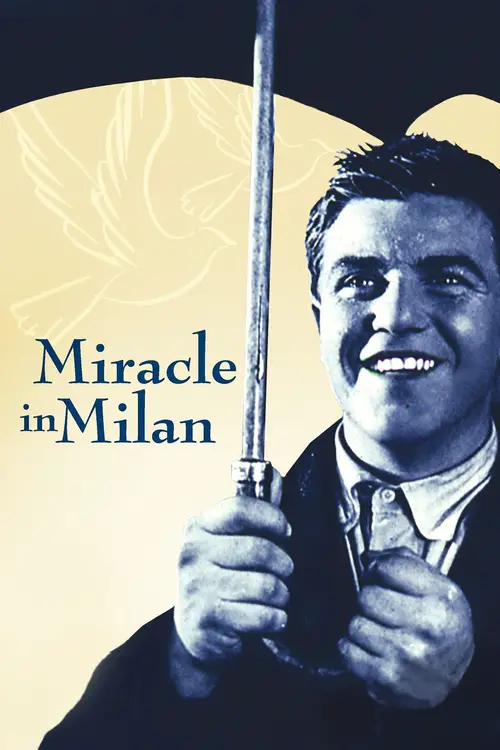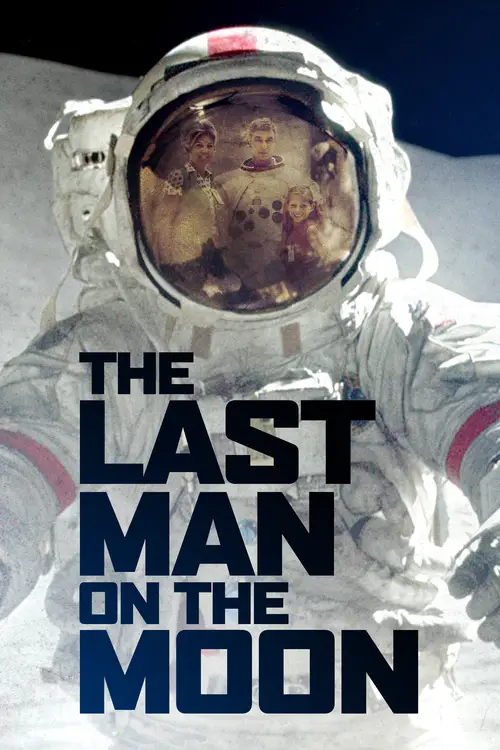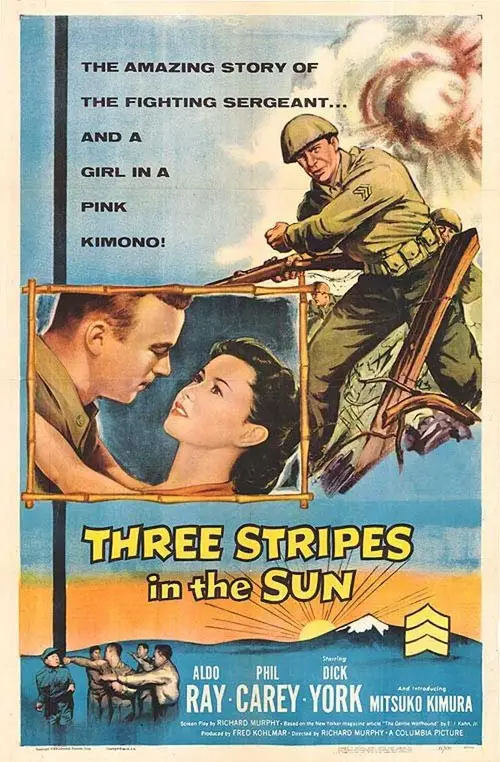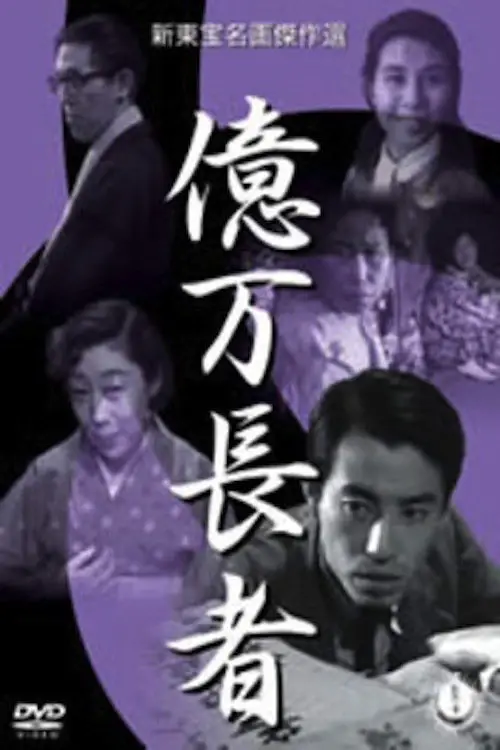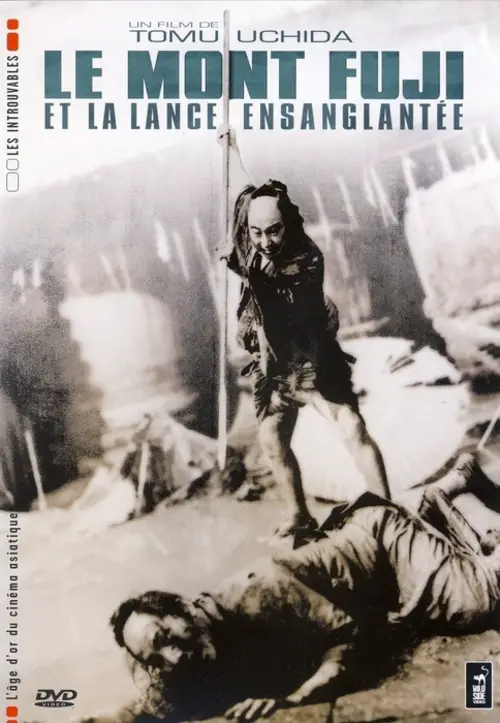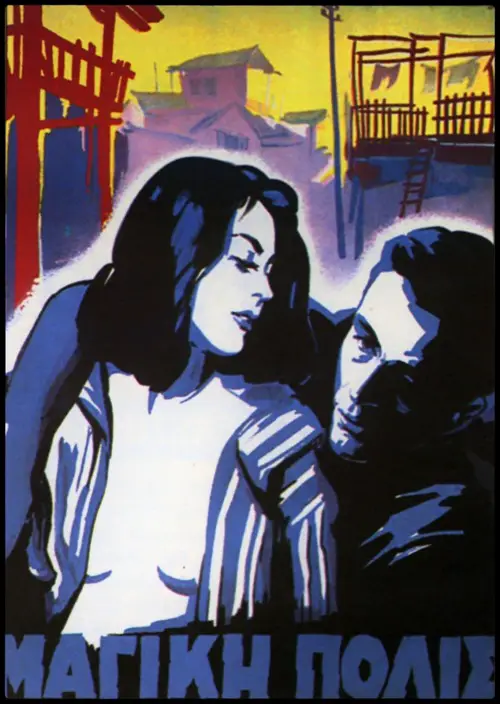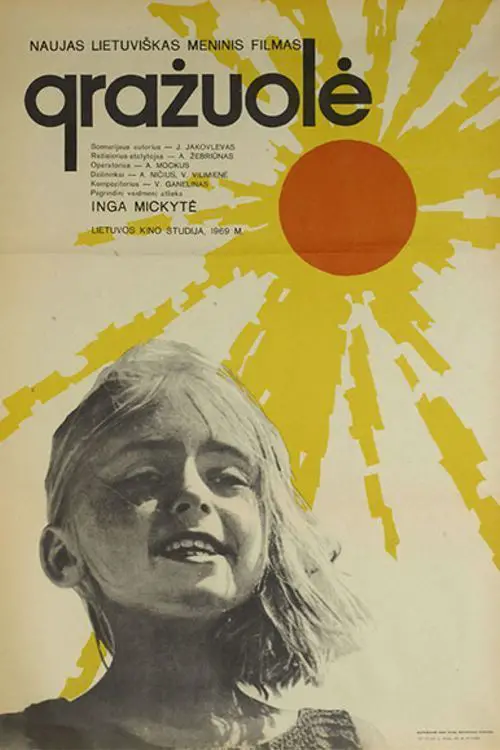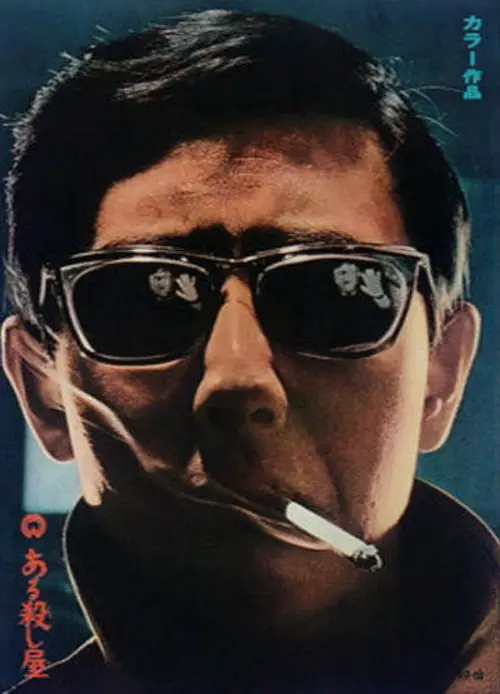Hans: A Boy in Germany (1985)

Similar movies
In the post-war Gion district of Kyoto, the geisha Miyoharu agrees to apprentice the 16 year-old Eiko, whose mother was a former geisha who had just died. After a year of training they have to find a large sum of money before Eiko can debut. Miyoharu borrows the money from the tea-house owner, Okimi, who in turn obtains the money from the businessman Kusuda. Kusuda fancies Eiko himself and wants to give Miyoharu to Kanzaki in order to close a large business deal. However both geishas have minds of their own and, going against tradition, want to be able to say no to clients. Written by Will Gilbert
Based on the experiences of Nebraska cop Kathryn Bolkovac (Rachel Weisz) who discovers a deadly sex trafficking ring while serving as a U.N. peacekeeper in post-war Bosnia. Risking her own life to save the lives of others, she uncovers an international conspiracy that is determined to stop her, no matter the cost.
The Goalie's Anxiety at the Penalty Kick is a 1972 German language drama film directed by Wim Wenders. It was adapted from a novella by Wenders' long-time collaborator Peter Handke. A goalkeeper is sent off during a game for committing a foul. He spends the night with a cinema cashier, whom he afterwards kills. Although a type of detective film, it is more slow moving and contemplative than other films of the genre. It explores the monotony of the murderer's existence and, like many of Wenders' films, the overwhelming cultural influence of America in post-war West Germany.
Set in post-war Japan, The Lady of Musashino tells the story of Michiko, a disillusioned young woman trapped in a loveless marriage. She confides in her younger cousin, Tsutomo, and the two become close, but decide not to consummate their affair. He instead becomes involved with the flirtatious Tomiko, who is also conducting an affair with Michiko's husband. When Michiko finds that her husband has abandoned her, she decides to take her fate into her own hands.
Swedish efficiency researchers come to Norway for a study of Norwegian men, to optimize their use of their kitchen. Folke Nilsson (Tomas Norström) is assigned to study the habits of Isak Bjørvik (Joachim Calmeyer). By the rules of the research institute, Folke has to sit on an umpire's chair in Isak's kitchen and observe him from there, but never talk to him. Isak stops using his kitchen and observes Folke through a hole in the ceiling instead. However, the two lonely men slowly overcome the initial post-war Norwegian-Swede distrust and become friends.
In the harsh post-war years' Catalan countryside, Andreu, a child that belongs to the losing side, finds the corpses of a man and his son in the forest. The authorities want his father to be made responsible of the deaths, but Andreu tries to help his father by finding out who truly killed them. In this search, Andreu develops a moral consciousness against a world of adults fed by lies. In order to survive, he betrays his own roots and ends up finding out the monster that lives within him.
At the traditional Muslim funeral service for his father Fikret Varupa, sixteen year old boy from Sarajevo, learns that his father owes money to Hamid, a man he does not even know. The debt is considerable and Hamid does not want it to go to the grave with the body, so the debt automatically passes from the father to the son. Since in Bosnia this way of collecting debts, at a funeral, is considered to be utterly humiliating, it is never, ever applied. Fikret and his entire family become subjects of ridicule. Fikret, who is practically still a child, is decisive to "redeem his father's soul". Wishing to repay his father's debt and to secure the forgiveness, Fikret wanders into the real world of Sarajevo, the world that is ruled by post-war chaos, misery and poverty and becomes an ideal target for two corrupted policemen who wish to "help" him: they plant the kidnapped girl on him.
The final film in Rossellini's war film trilogy (the first two being Rome, Open City and Paisà ). Germany Year Zero takes place in post-war Germany, unlike the others, which take place in German-occupied Rome and post-war Italy, respectively. The story follows a twelve-year-old boy, Edmund Kohler, who is mainly left to his own devices in order to survive and to help his family do the same.
Set against the turbulent backdrop of London in the 1940s, this adaptation of Sarah Waters' bestselling novel, The Night Watch, follows four young Londoners inextricably linked by their wartime experiences. In a time when the barriers of sexual morality and social convention have been broken down, Kay, Helen, Viv and Duncan enjoy a freedom never experienced before. Moving back in time through the 1940s into the maelstrom of the Blitz, the lives, loves and losses of these four central characters are unravelled. For them, the post-war victory is bittersweet, for it returns them to the margins of society, from which they hoped they had been liberated. In order to build their future they must each make peace with their past.
Wings of Desire is Wim Wenderâs artistically beautiful film about the lonely and immortal life of angels during a post-war Berlin. Itâs a poetic journey from the perspective of the angels of which one falls in love with a living woman and wants to become a mortal human thus giving up his heavenly life. Filmed in black and white and with a feeling of celebrating life.
April 1945: Gregor Hecker, 19 years of age, reaches the outskirts of Berlin as part of the Red Army's scouting team. Having fled Germany with his family when he was eight, he is confronted with the dilemma of having to fight men from the very country he was born in. Through dealing with challenging situations (e.g. he is appointed commander of Bernau, talks to many disillusioned Germans, and is once and again attacked by scattered groups of German soldiers), he grows more confident that not all hope is lost for post-war Germany.
Based on a real WWII vet and family man turned bank robber. Disillusioned by his post war circumstances, Eddie Boyd is torn between the need to provide for his young family and an unfulfilled dream to head to Hollywood to become a star. He discovers a way to do both, robbing banks Hollywood style, but his dream leads him down a path of danger and tragedy.
In a small town in post-World-War-II France, an unhappy sixteen-year-old (Janine Castang) tries to escape her dreary situation by any means at her disposal. Three successive friends (Michel Davenne, a married lover; Raoul, a fellow thief; Mauricette Dargelos, a photographer and fellow prisoner) help her learn from her mistakes.
This melodrama revolves around the post-war meeting reunion an intelligent front-line officer, now happily married, and a woman street vendor. This encounter reawakens in them submerged feelings of gratitude and tenderness as the officer recalls how they met during the war and what she used to mean to him. Now he learns that she is alone with a small daughter, the girl's father having been killed at the front.
March 15, 1939: Germany invades Czechoslovakia. Czech pilots flee to England, joining the RAF. After the war, back home, they are put in labor camps, suspected of anti-Communist ideas. This film cuts between a post-war camp where Franta is a prisoner and England during the war, where Franta is like a big brother to Karel, a very young pilot. On maneuvers, Karel crash lands by the rural home of Susan, an English woman whose husband is MIA. She spends one night with Karel, and he thinks he's found the love of his life. It's complicated by Susan's attraction to Franta. How will the three handle innocence, Eros, friendship, and the heat of battle? When war ends, what then
The Parade, in a tragicomic way, tells the story about ongoing battle between two worlds in contemporary post-war Serbian society - the traditional, oppressive, homophobic majority and a liberal, modern and open-minded minority... The film, which deals with gay rights issues in Serbia, features footage of the 2010 Belgrade gay pride parade. The film introduces a group of gay activists, trying to organize a pride parade in Belgrade
Based on the best-selling book by award-winning writer Simon Garfield, four stories from Britain's 'lost decade' (1945 - 1955) are presented from the diaries of four very distinct people. In his book, Garfield selected some of the most expressive diarists, and focused on the post-war years giving a vivid portrait of how Britain coped in the post-war years and how little, or how much, attitudes have changed over the past 60 years.
A tale based on the life of Wilhelm Furtwangler, the controversial conductor of the Berlin Philharmonic whose tenure coincided with the controversial Nazi era. One of the most spectacular and renowned conductors of the 30s, Furtwangler's reputation rivaled that of Toscanini's. After the war, he was investigated as part of the Allies' de-Nazification programme. In the bombed-out Berlin of the immediate post-war period, the Allies slowly bring law and order--and justice--to bear on an occupied Germany. An American major is given the Furtwangler file, and is told to find everything he can and to prosecute the man ruthlessly. Tough and hard-nosed, Major Steve Arnold sets out to investigate a world of which he knows nothing. Orchestra members vouch for Furtwangler's morality--he did what he could to protect Jewish players from his orchestra. To the Germans, deeply respectful of their musical heritage, Furtwangler was a demigod; to Major Arnold, he is just a lying, weak-willed Nazi.
Okaasan is the story of a poor, working class mother with a sick husband who sacrifices herself to support her family in suburban Tokyo. The film defines "Shomin Geki," a Japanese film genre that features realistic depiction of the economic underclass, told with elements of light comedy and melodrama. Okaasan is the best-known work of director Mikio Naruse, hailed by Japanese film historians as an equal of Kurosawa, Ozu and Mizoguchi, but under-appreciated in the West
Two dramatic stories. In an undetermined past, a young cannibal (who killed his own father) is condemned to be torn to pieces by some wild beasts. In the second story, Julian, the young son of a post-war German industrialist, is on the way to lie down with his farm's pigs, because he doesn't like human relationships.
Mr. Soh, a righteous man with a cold stare and fists of steel, returns to a lawless post-war Japan in 1946. He protects the weak, defends the poor and knocks some good sense into friends and enemies alike. Rapists and gangsters get the worst of it, as Mr. Soh builds up his school on the island of Shikoku.
Set in post-war England, a mysterious woman arrives at the Prettys' rural family home on the eve of young Jack's 16th birthday. Her remarkable likeness to Jack's mother, Emily, who tragically died in an accident eight years ago both baffles and unsettles the family. She even wears the same pearls that Emily wore.
A teenage girl is caught petting with the bus driver during an outing. The school's parent council discusses her punishment. One parent, a psychologist, suggests that her behavior is not abnormal or worthy of expulsion. He describes teen girls' experiments with sex, and these dramatized vignettes, interspersed with man-in-the-street interviews with young women about their attitudes and experiences, make a case for 60's generation's attitude of independence. The girls argue for telling the truth in the face of post-war German convention. In the end, will Renata be expelled or recognized as a girl from a new era?
In Naples, in the Second World War, the wolf businessman Domenico Soriano meets the seventeen years old whore Filumena Marturano in a brothel during an allied bombing. Two years later, in the post-war, they meet each other by chance and begin a long affair. For twenty-two years, Filumena is his mistress and administrates his shops in Naples while Domenico is traveling. When Domenico decides to marry the young cashier of his bakery, Filumena lures him as if she were near to death and he marries her. Later he annuls their matrimony, and she tells him that she has three sons that she raised secretly, one of them is his legitimate son but she does not disclose his identity. The middle-age Domenico uses the most different subterfuges trying to find which teenager might be his son.
From his youth, Paolo Castorini, a Sicilian baron, is as attracted to women as they to him. Giovanna, a servant girl, Lillian, a serious girlfriend in Rome, a hostess at a post-war party, Paolo makes love to them all. He also feels dissatisfied with a life only of the body, compared to his journalist friend Vincenzo and his own father, a sober and serious thinker. When his father is on his deathbed, Paolo learns of syphilis in the family and something of the curse of dissolution. Some years later, he resolves to marry Katrina, the pure daughter of the woman he should have married. He wants her purity to redeem him so he can make something of his life. But is it too late?
In America it frequently shows under the title Hey Babu Riba. In 1985, four middle-aged Yugoslav emigres return to Belgrade for the funeral of Mariana, their beautiful compatriot. They called her Esther, for Esther Williams, she was the coxswain for their four-man rowing team, and they each loved her. They'd last seen her in 1953, when they rowed her across the Adriatic, pregnant, to join her exiled father in Italy. In flashbacks we learn the story of their youthful baptism into sex, smoking, rock and roll (Hey Ba-ba-re-bop), Hollywood and Swedish films, blue jeans on the black market, and their rivalry with Ristic, the Communist Party youth leader for whom they had instant antipathy.
The film set, in post war Sri Lanka, brings us close to two characters who collide quite accidentally, and through them we experience the deep and seemingly unbridgeable chasm that conflict almost always creates. Will love help them cross the bridge? Or will the past continue to color the present? A man and a woman from the two ends of the thirty-year-old bloody civil war in Sri Lanka discover that the color of love is blue, and life, shades of grey.
A young American soldier, with an honorable discharge, returns home from World War II to his bride, whom he married after a short courtship and has not seen for several years. The two come together with many questions, trials and tribulations in trying to preserve their marriage in the post-war years.
The story unfolds in a post-war town in Western Ukraine. The enemy agents are trying to subvert communist writer Aleksandr Garmash using ideological diversions. In parallel, a story is told about student Rostislav Danchenko who is being recruited by enemy agents. The story is pertinent due to resurgence of ultra-nationalist underground activity in Western Ukraine after World War II.
A docudrama about The Danube Swabians, descendants of the youngest German tribes who, moved to the territory of Vojvodina in the 18th century looking for a better life. The story follows their destiny from the very beginnings of their settlement in this region, through their situation during the WW2 and to the present time. The film tells the story of Maria, a girl who is a descendant of The Danube Swabians. She comes to Vojvodina to find the old house of her grandfather, who was exiled after the War. There she meets a local guy named Misha who helps her in her journey. Together they travel throughout Vojvodina meeting witnesses of traumatic post-war events who have survived the communist camps. During their adventure, they discover completely new facts about The Danube Swabians that have been hidden from the public for decades.
Polish historical drama written and directed by Konrad Lecki. Set in the 1940s, the film follows a small band of underground paramilitaries as they attempt to fight back against the Soviet-backed security ministry in post-war Poland. Determined to fight for their country's future, the group go to extreme lengths to make their voice heard. The cast includes Wojciech Niemczyk, Marcin Kwasny, Robert Wrzosek and Janusz Chabior.
Once upon a time an old woman discovers a baby in her cabbage patch. She brings up the child and, when she dies, the boy, Toto, enters an orphanage. Toto leaves the orphanage a happy young man, and looks for work in post-war Milan. He ends up with the homeless and organizes them to build a shanty town in a vacant lot. The squatters discover oil in the land and Toto sees a vision of the old woman who gives him a magic dove that will grant him anything he wishes.
The 1960s was an extraordinary time for the United States. Unburdened by post-war reparations, Americans were preoccupied with other developments like NASA, the game-changing space programme that put Neil Armstrong on the moon. Yet it was astronauts like Eugene Cernan who paved the uneven, perilous path to lunar exploration. A test pilot who lived to court danger, he was recruited along with 14 other men in a secretive process that saw them become the closest of friends and adversaries. In this intensely competitive environment, Cernan was one of only three men who was sent twice to the moon, with his second trip also being NASAâs final lunar mission. As he looks back at what he loved and lost during the eight years in Houston, an incomparably eventful life emerges into view. Director Mark Craig crafts a quietly epic biography that combines the rare insight of the surviving former astronauts with archival footage and otherworldly moonscapes.
A young samurai, Shojuro Sako, travels on the Tokaido to Edo with his two servants, Genta and Gonpachi. Gonpachi has been told by Shojuro's mother to prevent his Master from drinking... The road is not safe. On the way, they meet young orphan boy, Jiro, and many other travellers: A team of great directors, including Yasujrio Ozu, Hirochi Shimizu and Daisuko Ito, assisted Uchida with his remarkable post-war comeback film. It's an affable samurai road movie with a focus on unglamorus characters, as a dim-witted samurai and his servants traverse the Tokaido highway. Much of the film is played as comedy, making the brilliantly staged violent climax all the more shocking.
Based on an actual post-war murder in Frankfurt, this standard docudrama by Rudolf Jugert is a serious treatment of the story as compared to the earlier, satirical film The Girl Rosemarie. The history of the case of Rosemarie, a hooker, and how she came to be strangled in her apartment is not completely clear. One of the suspects in the case was first charged, later acquitted, but never really free of an aura of culpability. British actress Belinda Lee plays the title role with her voice dubbed over in German.
© Valossa 2015–2026
| Privacy Policy

